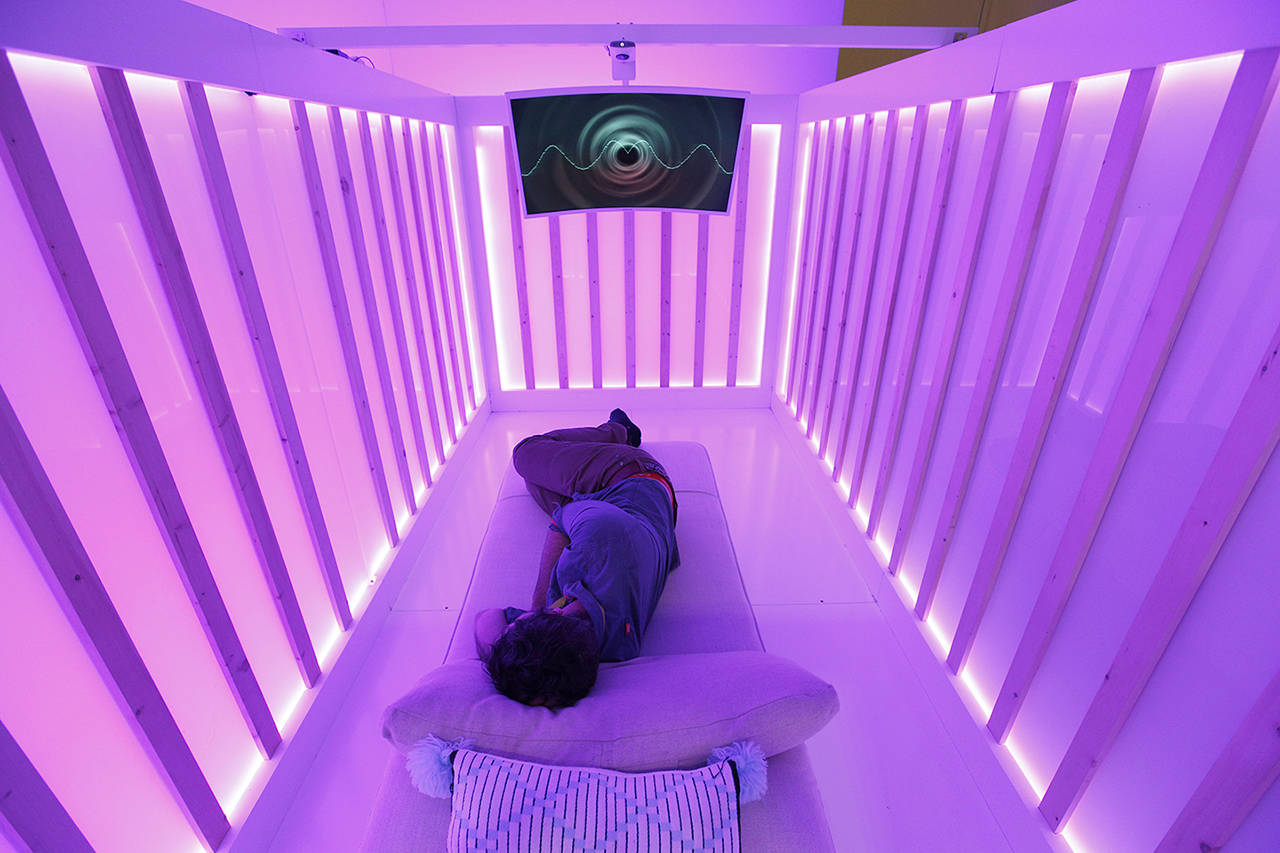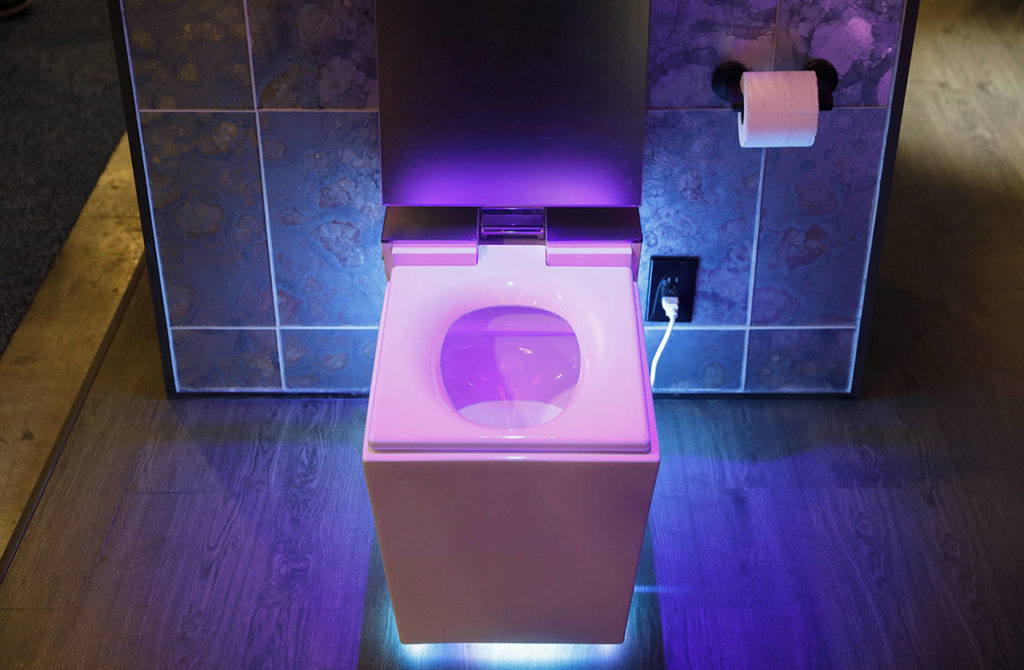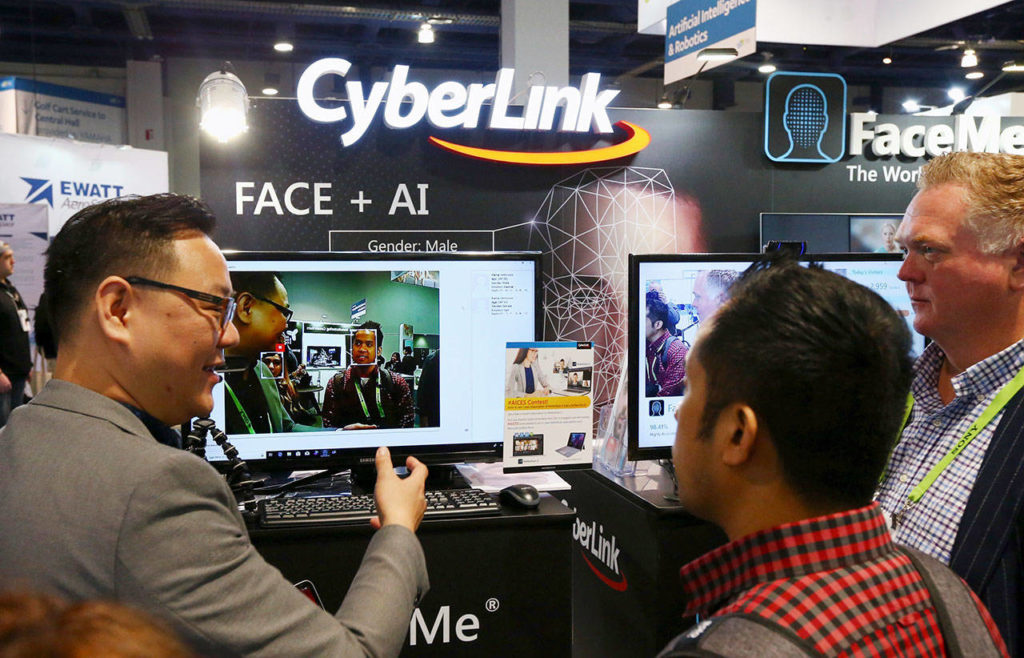By Morf Morford / Tacoma Daily Index
Supposedly one out of six American has a “smart” device in their homes.
Their definition of “smart” is that the device is hooked up to the internet.
Demographically, I am not a “digital native” so I remember those long gone days when a device — a phone, watch or camera for example — had a single use — and we were satisfied, if not proud of what it could do.
And the idea of a “smart” device was preposterous. Even to describe a pet, a dog or cat for example, as “smart” was a stretch. A non-living object, by definition, could not be “smart.”
Smart literally means to learn, to acquire knowledge and experience and connect it with other knowledge and apply it in new situations.
People could be “smart” and could learn new things and come to new and original conclusions — and it mattered that we knew and “learned” things.
One of the reasons people could be “smart” was that, back then, people could take the time to consider options or possible solutions.
And people could be bored.
Any device back then was a tool — not a replacement for a human or social activity or experience, or even worse, a placebo companion.
Anyone under 30 will never know privacy, or the humble and silent pleasure of walking and taking in the quiet sounds that naturally emerge from the neighborhood — the sound of a dog barking in the distance, birds overhead, or trees gently rustling in the wind. Or even, for most of them, the delight of a simple uninterrupted conversation.
New technology supplants previous technology — though there may be resistance and the two may coexist almost indefinitely — consider the parallel existence of broadcast television and radio. At least until the internet (primarily streaming) undermined them both.
Or consider the unexpected staying power or paper-based books. Or the “vinyl revival.”
Historically, new technology always wins. But that doesn’t mean it should, or that it makes us better, smarter or safer.
The question of any technology should be, does it make our life qualitatively better?
Wendell Berry wrote an essay (later expanded into a book with objections and rebuttals) where he explores his preferred characteristics of any “improvement” in technology.
Here is a summary of his guiding principles;
a. New tool should be cheaper than one it replaces
b. Smaller: As small as one it replaces
c. Better: Do work that is clearly and demonstrably better than one it replaces
d. More energy efficient: It should use less energy than the one it replaces
e. Solar: Should use some form of solar energy, such as that of body
f. Simply repairable: Repairable by a person of ordinary intelligence, provided has right tools
g. Local: Purchasable and repairable as near as home as possible
h. Small business: Come from privately owned shop that take it back for maintenance and repairs
i. Not harmful: It should not replace or disrupt anything good that already exists, including family and community relations
—Wendell Berry, “Why I’m Not Going to Buy a Computer” 1987 Harpers
Leaving a production trail of toxic waste or non-recyclable garbage after use, no matter how near-magical the product, violates the spirit, if not the letter, of Berry’s premise.
But even if an electronic product is made without toxic waste and residue (not likely) and is not manufactured under near slave-labor, sweat-shop conditions (also not likely) is the device itself, no matter how pure its origins, “good” for us?
And how often does each dazzling, must-have product need to be replaced?
If it is true that most of us replace our phones every 18 months or so, how many phones (or other devices, and their cables, chargers, cords and adapters) do most households have clogging up basement corners or neglected drawers?
Is your TV watching you?
The cliché about Facebook — if not every “free” internet service from Google to Instagram and many more is very simple — if they are not selling you a product, you ARE the product.
Every photo, every comment, every “like” becomes just another crumb in the vast, accumulating “big data” around each one of us.
Netflix, Hulu, Amazon and all the other streaming services keep track of what we watch — and when; it makes me nostalgic for the “old days” of DVDs or even VHS tapes when we could watch something and no one kept track of what we viewed.
Media obsession is no abstraction — it slips in far easier than we could imagine — and takes over even as we see it happening — particularly among the young. The rate of social withdrawal, leading to depression and even suicide is directly linked to obsessive social media usage and is increasing by the day.
This is not accidental, but it is not entirely intentional either.
We have seen a presidential election influenced, if not swayed by social media. We have before us a generation of young people swooning under its seemingly irresistible gaze.
High tech pioneers — Bill Gates and Steve Jobs for example, among many others, have deliberately kept tech from their kids.
For a not very encouraging view of what our “smart” devices “know” about us, take a look at this TED Talk.
Did you think your email was private?
Every email, deleted, or sent, or even never sent, can be found and is held somewhere. By someone.
You can use encrypting, but for some of the encryption apps, you are almost guaranteed to be put on a government watch list.
Did you think your password was secure?
Your password is the key to virtually everything in your digital world. Even if you struggle to remember it, hackers and password apps can easily find it and make a match with your user name.
The “dark web” has passwords, credit card numbers, Social Security numbers and user names readily available — for a less than reasonable price.
If you think your password is “good enough” take a look here.
Do think this ends when we die?
Several European nations have established “The right to be forgotten” — which is essentially the right to be left alone — even after we are no longer alive.
This “right” to be “digitally erased” is very strange — and as you might imagine — immensely complicated.
Is that how we best “honor” people — to delete every digital record of their existence?
We used to “honor” our ancestors with statues, photographs or scrapbooks. Now we “honor’ them by deliberately — and officially — “forgetting” them?
It is a very odd situation — do we want to leave a legacy and be remembered? Or do we want to be “forgotten”?
Those born right before 1985 will be the last generation with a collective memory of life before the internet. They might even remember such quaint relics as book stores, music stores and even video rental places — actual buildings where you could see and touch what you considering buying. These were actual things — nothing that came in a box or required batteries.
That generation might even have misty memories of privacy and freedom — the unappreciated “right’ to follow one’s own moods or inclinations — not based on what “other customers have looked at.”
The goal back then was to sell you products or services. That seems so naive now.
The intent now is to sift our data, literally automate us, forecast our next political, social or financial move and read — and sell — our every move or mood.
China has a vast (and intrusive) “social credit” system where every move, from smoking in a non-smoking area to blocking an intersection or getting too close to a crosswalk is recorded and compiled in an ever-expanding real-time social credit system where each citizen is graded — and sometimes publicly shamed — for their public actions.
They couldn’t do it without Google – and Google certainly won’t limit their technology to a single country.
This originally appeared in the Tacoma Daily Index, a sibling paper of The Daily Herald.
Talk to us
> Give us your news tips.
> Send us a letter to the editor.
> More Herald contact information.




























